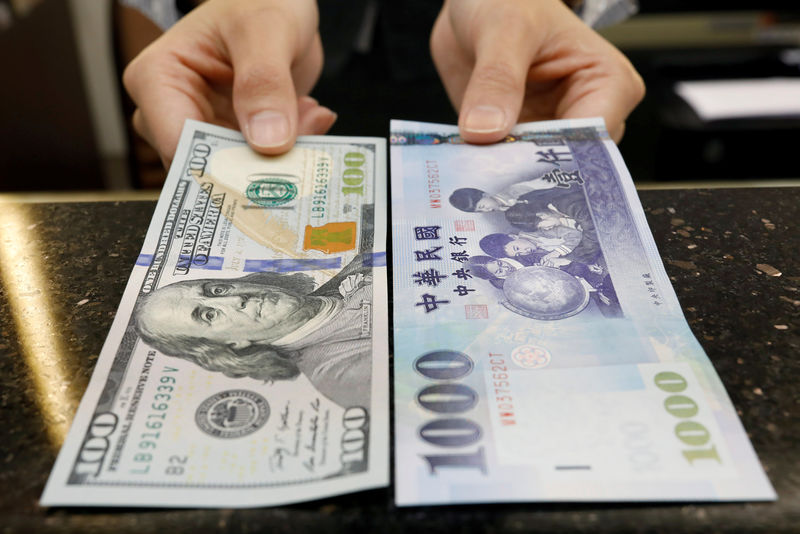IREN proposes $875 million convertible notes offering due 2031
Investing.com -- Taiwan’s trade surplus with the United States has experienced a significant growth, rising more than sevenfold from $8.4 billion in 2017 to $64.9 billion in 2024.
This increase has elevated Taiwan’s standing among US trade partners, securing it the 7th spot as the largest trade partner and the sixth in terms of trade deficit in 2024. Last year, imports from Taiwan made up approximately 3.6% of total US imports.
Due to the escalating trade surplus, Taiwan has found itself under scrutiny as one of the ’Dirty 15’ economies, which are characterized by significant trade imbalances with the US. Taiwan’s average tariff rate for most favored nations stands at 6.5%, and the overall average nominal tariff rate for imported goods is 6.34%. While these are not the highest rates in Asia, they are higher than those of the US, posing a risk of reciprocal tariff action.
In 2023, the average nominal tariff rate for industrial products was 4.13%, and 15.06% for agricultural products. The US is likely to focus on these areas for Taiwan’s tariffs, particularly agricultural products and vehicles, which currently have higher tariff rates.
Despite the potential for increased tariffs, President Trump had indicated that he may offer tariff breaks to certain countries. Taiwan’s key exports to the US, semiconductors and computer products, have few suitable replacements, which increases the likelihood of these goods being exempted from tariffs.
SMC, a Taiwanese company, has pledged to invest at least $100 billion, in addition to a previous commitment of $65 billion, into US chip manufacturing facilities. This commitment has been praised by members of Trump’s administration as a successful outcome of tariffs, with Trump stating that it would "create hundreds of billions of dollars in economic activity and boost America’s dominance in artificial intelligence and beyond."
According to ING, the nature of Taiwan’s key exports to the US and its recent actions suggest that Taiwan could likely benefit from a tariff reprieve or, at the very least, face smaller tariff increases compared to other economies.
This article was generated with the support of AI and reviewed by an editor. For more information see our T&C.
